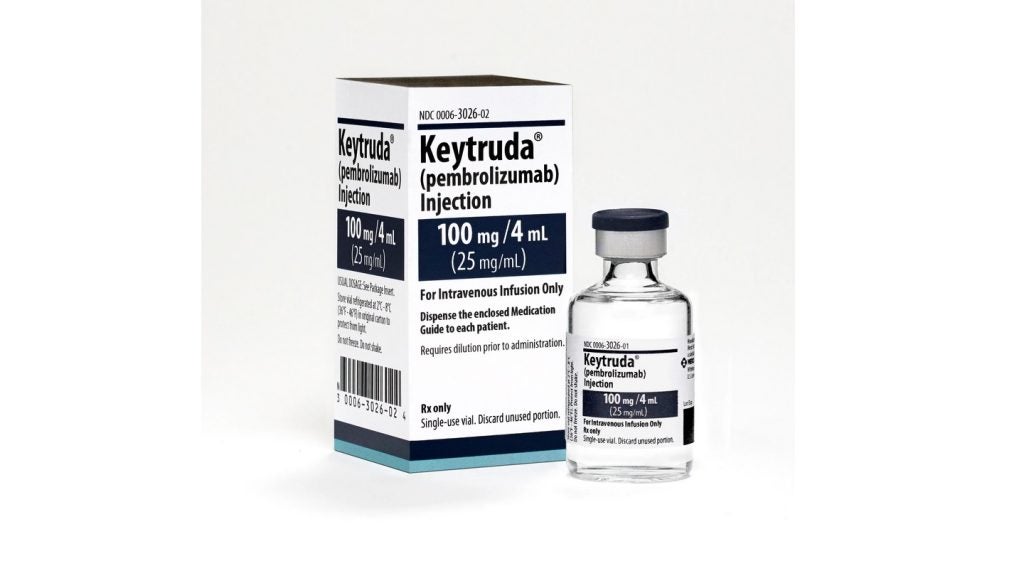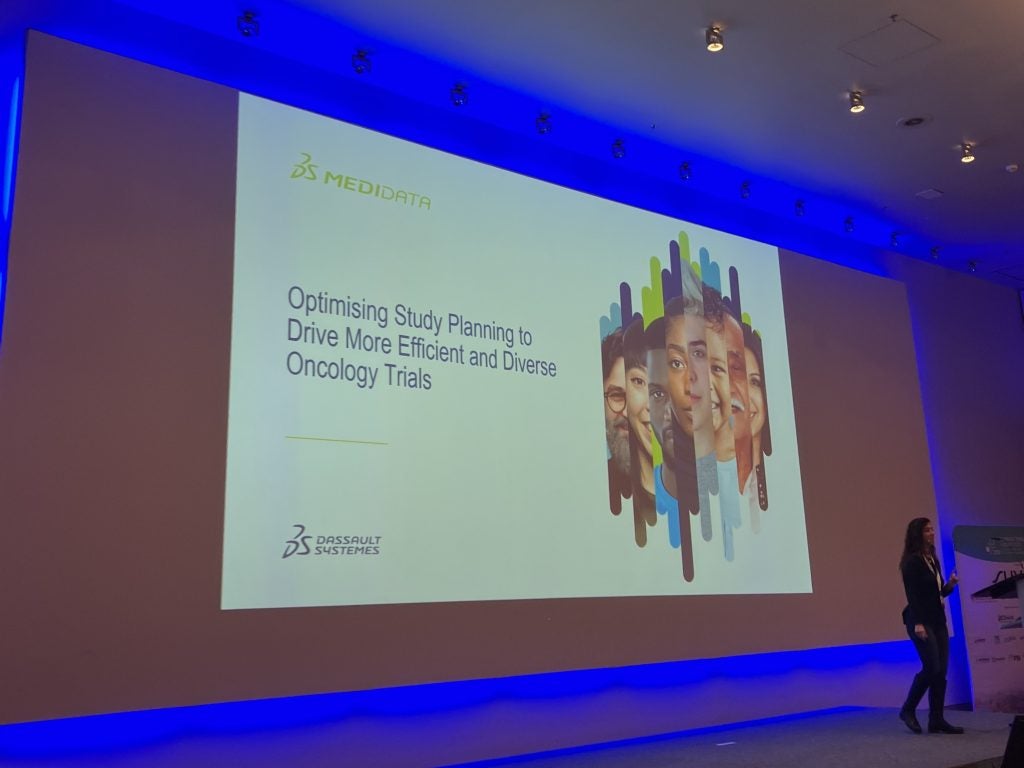The US Food and Drug Administration (FDA) has accepted Merck (MSD)’s new supplemental biologics licence application (sBLA) for anti-PD-1 therapy Keytruda plus antibody-drug conjugate Padcev (enfortumab vedotin-ejfv) to treat adults with locally advanced or metastatic urothelial carcinoma (la/mUC), for review.
The application is under review as part of the FDA's real-time oncology review (RTOR) programme.
Also known as urothelial cancer, bladder cancer begins in the urothelial cells that cover the urethra, bladder, ureters, renal pelvis and other organs.
Merck has submitted the sBLA based on results from the Phase III KEYNOTE-A39 trial, carried out in a research collaboration with Astellas and Seagen.
The combination showed a meaningful improvement in progression-free survival (PFS) and overall survival (OS) against chemotherapy (gemcitabine plus cisplatin or carboplatin).
The randomised, open-label and controlled Phase III study is designed to assess Keytruda plus enfortumab vedotin compared to chemotherapy to treat patients with previously untreated la/mUC. It has enrolled 886 patients.
The trial’s dual primary endpoints are PFS as evaluated by blinded independent central review (BICR) as per the response evaluation criteria in solid tumours (RECIST) v1.1, and OS.
Its secondary endpoints are objective response rate (ORR) per RECIST v1.1 by BICR, time to pain progression and duration of response per RECIST v1.1 by BICR.
Merck Research Laboratories global clinical development head, chief medical officer and senior vice-president Dr Eliav Barr stated: “The FDA’s acceptance of this application for priority review, as well as under the RTOR programme, underscores the urgency to bring this treatment option that has demonstrated an OS benefit over chemotherapy to more patients with locally advanced or metastatic urothelial carcinoma.
“We look forward to working closely with the FDA to provide this important option to patients as quickly as possible.”














